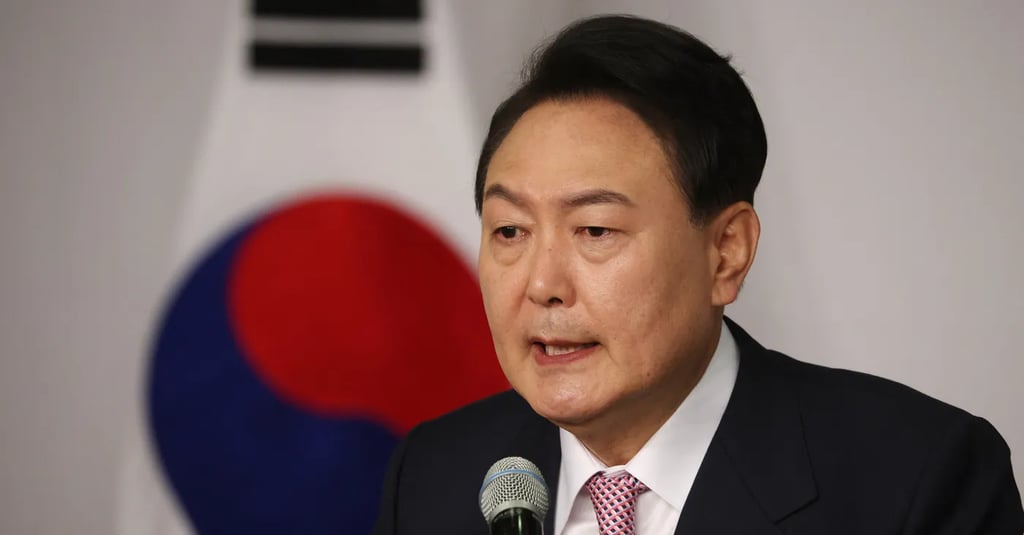South Korea Ends Martial Law After Parliamentary Vote Declares It Unconstitutional
WORLD


South Korea lifted President Yoon Suk Yeol’s martial law decree following a decisive and unanimous parliamentary vote rejecting it.
The controversial declaration was issued late Tuesday by Yoon, who claimed it was necessary to combat “anti-state” forces and protect the country from falling into disorder.
Accusing the opposition-controlled parliament of pro-North Korean sympathies, Yoon mobilized troops around the National Assembly, sparking widespread protests and condemnation.
Both opposition and members of his own party criticized the move as reminiscent of South Korea's authoritarian past.
Protesters gathered outside the National Assembly as lawmakers convened an emergency session to overturn the decree.
Inside, the National Assembly Speaker labeled the martial law order invalid, asserting the legislature’s commitment to safeguarding democracy.
Soldiers stationed near parliament began withdrawing immediately after the vote.
This marked the first imposition of martial law since the 1980s, a period associated with military dictatorship in South Korea.
The declaration drew sharp criticism from international observers, including the United States, which expressed concerns about its implications for South Korea’s democracy.
President Yoon, already struggling with low approval ratings, defended the decree as necessary to counter threats but now faces escalating political and public resistance.
With his leadership under intense scrutiny, Yoon’s future remains uncertain as the nation grapples with the aftermath of the unprecedented crisis.